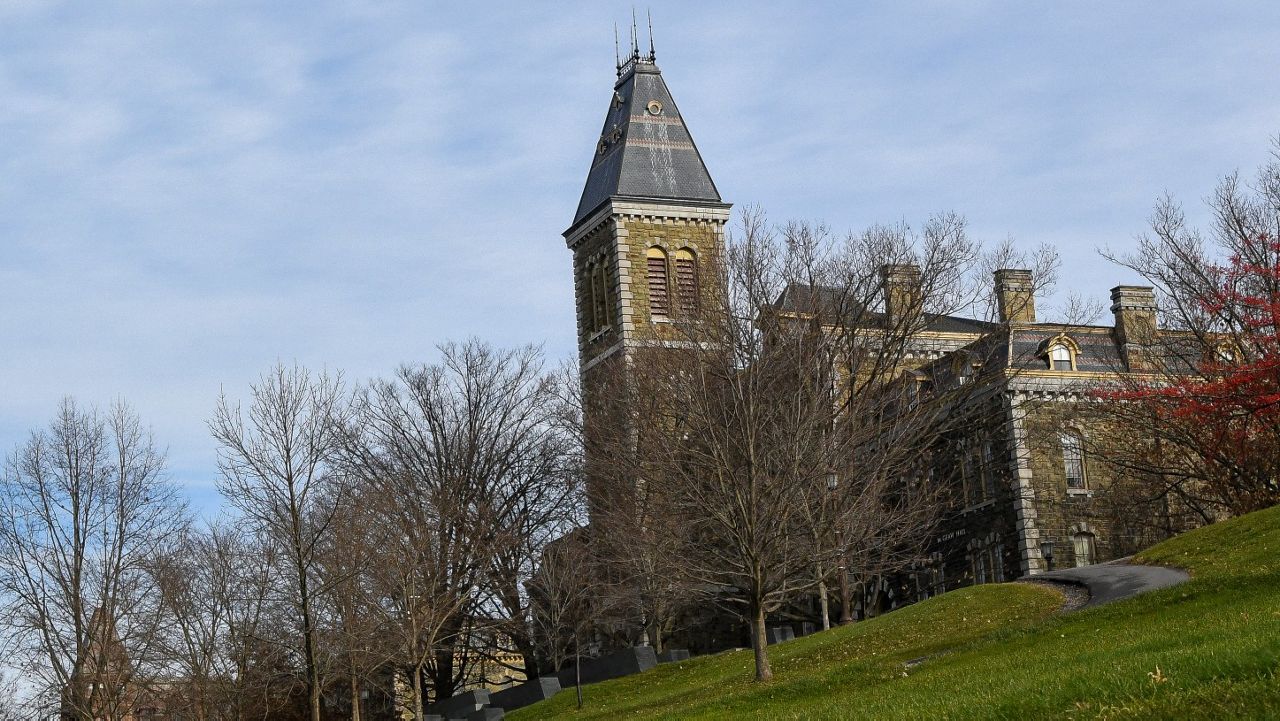For Christen Szymanski, accessibility on a college campus is priority No. 1. Her smiling face is familiar at Binghamton University, and she knows just how important these accommodations can be.
As a deaf person and the director of services for students with disabilities at BU, it’s her goal to make sure all students dealing with a disability have the services they need to be successful.
"I understand what it means to be challenged. I understand what it means to have people question you because you have a disability. I understand what it means to feel like you're not good enough," said Szymanski.
With the help of an interpreter, Szymanski goes above and beyond to make sure everyone’s on the same playing field. And every day is different.
This could mean spending a morning working with her staff to translate chapters of a textbook to Braille for a blind student.
"I can tell you that relationships matter. So when you have an office like this, who cares about students, who are engaged with students and who have those relationships, that's sometimes the key to success," said Szymanski.
That success was recently put to the test. An audit on Americans with Disabilities Act accessibility performed by the state comptroller’s office found Binghamton was one of six campuses that were fully compliant with their standards.
But this accessibility isn’t limited to the classroom.
"These are strips that we have on campus, across campus, and we're working on putting in new ones all over campus to assure that access across the crosswalks is safe," said Szymanski.
That safety extends into every building. If a handicapped-accessible door fails, for example, students can now alert staff through a QR code.
Demands for services like these are only growing at campuses across the nation.
"Five and a half years ago, six years ago, this office served 750 students. Today, that's triple. We're serving 2,100 students,” said Szymanski. "We have a job to do, and our job is to make sure that everyone is included and heard.”









